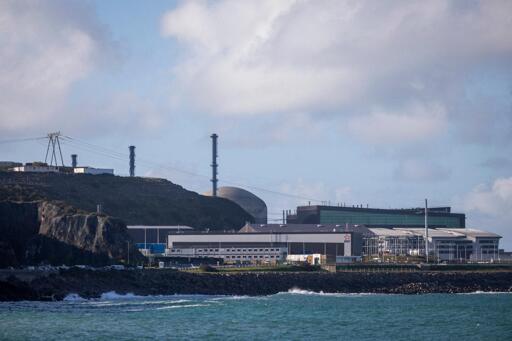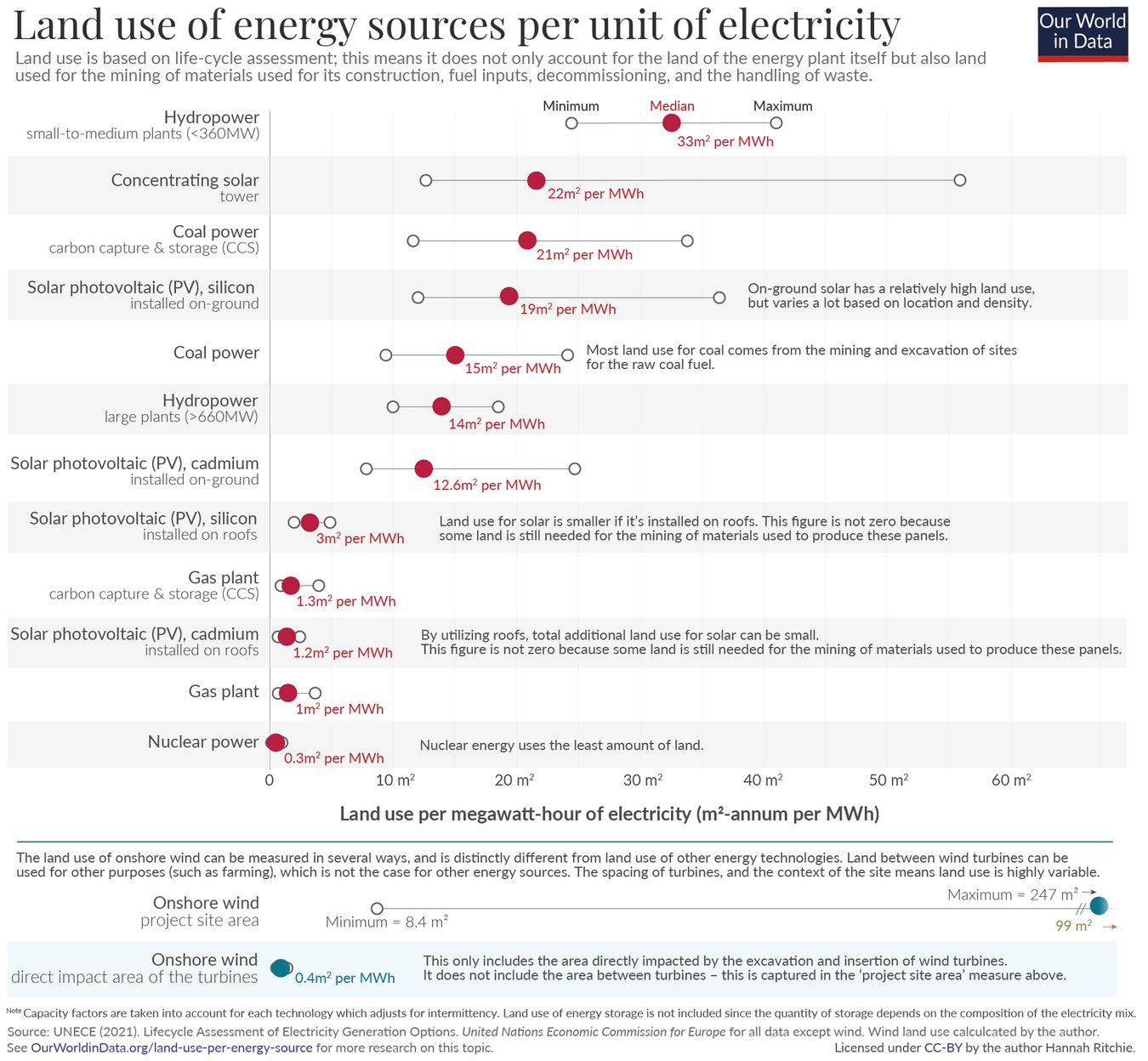Summary
France’s Flamanville 3 nuclear reactor, its most powerful at 1,600 MW, was connected to the grid on December 21 after 17 years of construction plagued by delays and budget overruns.
The European Pressurized Reactor (EPR), designed to boost nuclear energy post-Chernobyl, is 12 years behind schedule and cost €13.2 billion, quadruple initial estimates.
President Macron hailed the launch as a key step for low-carbon energy and energy security.
Nuclear power, which supplies 60% of France’s electricity, is central to Macron’s plan for a “nuclear renaissance.”



Now do Georgia’s Vogtle reactors 3 and 4, which came in at 34 billion for 2 x 1200mw plants, 21 billion over the original 14 billion estimate, and took over 14 years to build, 8 years behind schedule.
Im glad these powerplants finally got built. They will help, but nuclear is just not reasonable anymore. Its a slow, expensive tech, especially when we are making such leaps and bonds with solar/battery.
Even if wind and solar make huge progress, they will likely never be as efficient regarding raw materials efficiency and land use. Land use is the main contributor to biodiversity loss.
I don’t think peremptory opinions about technologies are going to help. We should use what ever technology is the most reasonable and sustainable for each specific location.
Total land used for all power to be supplied by solar would be a hilariously tiny percentage of land, so this just reads like a solar version of “its killing birds” to me.
Agrivoltaics also side steps this non issue, as interlacing solar panels into farm land increases yields for many crops while making efficent use of space that’s already spoiled any biodiversity. Can you do that with a nuclear reactor?
Nuclear could take over existing coal plants which would allow use of otherwise unusable land that’s been polluted by coal. It would require regulatory changes though, as the coal plant is already irradiated beyond allowed levels for nuclear.
Yeah in a perfect world based on some rough data you could supply the entire planet’s energy requirements with a solar plant about 300,000 square kilometers, or basically the size of Arizona, which translates to about 0.2% of the total landmass on earth. That being said, I’m curious what a solar plant the cost of this nuclear plant would look like, and where they’d put it. I think centralized vs distributed land rights and compensation is really tougher than the tech at this point.
Solar is not sustainable. Maybe one day but today’s panels will all have to be replaced in a few decades. For now it’s a way to bridge the needed to go fully nuclear.
It’s slow expensive tech because we don’t invest in it.
Every technology is slow and expensive when you have nearly an entire generational gap in knowledge and experience.
You’ll know that I’m not saying solar and wind are not cheaper, they all exist in a different capacity and fill in the gaps they best fit.
A technology will also continue to be slow and expensive when you have rich and powerful entrenched and ossified business interests (the fossil fuel companies) who BENEFIT from said technology being slow and expensive, and doing everything in their power to KEEP it slow and expensive, up to and INCLUDING fraud, graft, bribery, and blackmail.